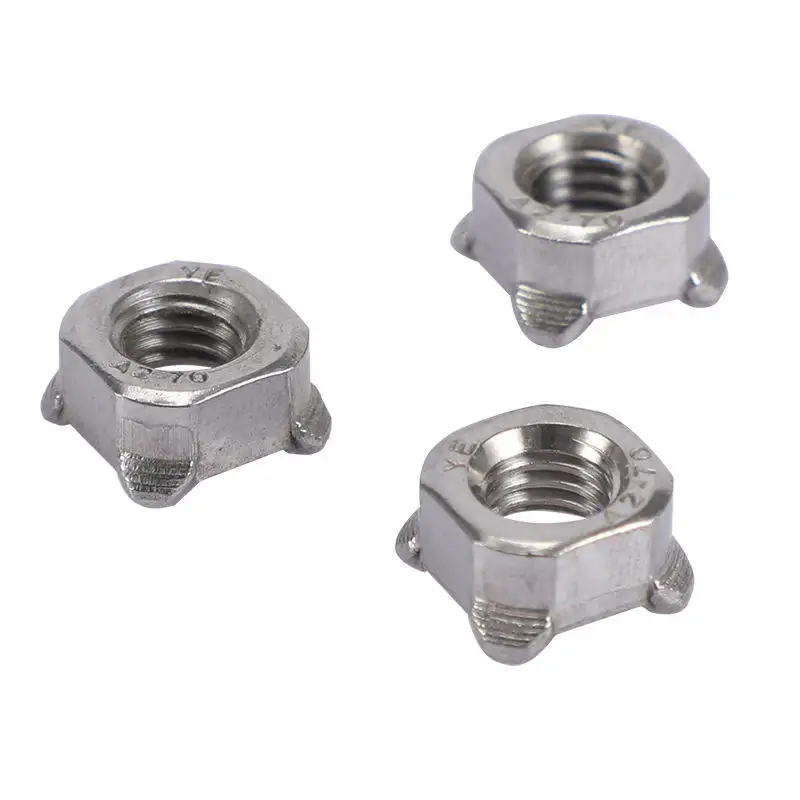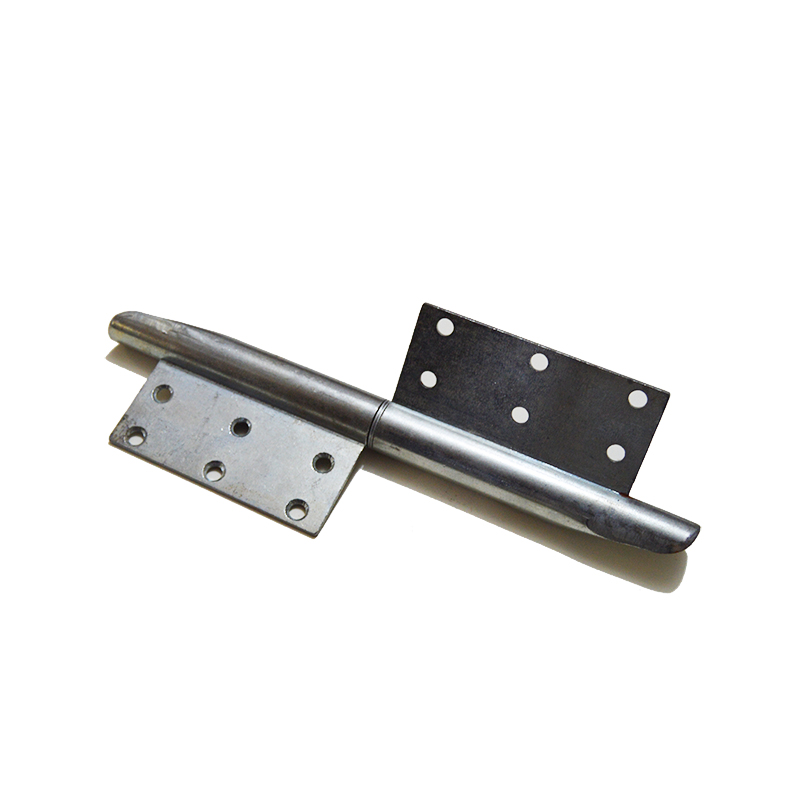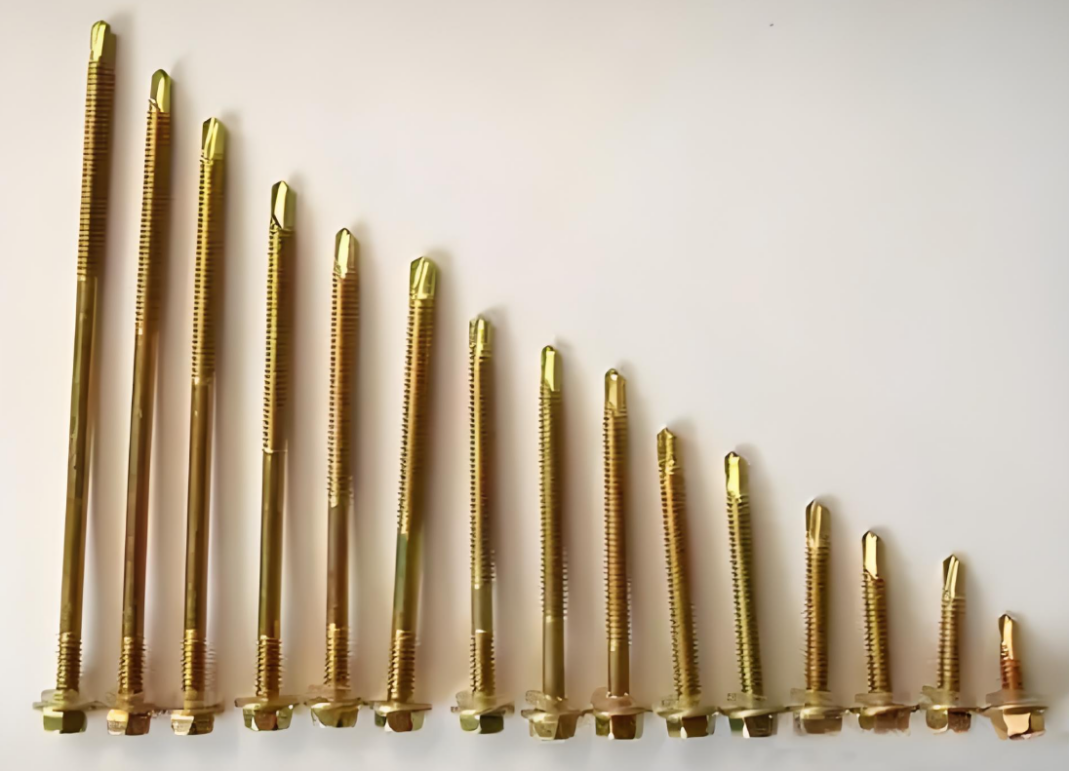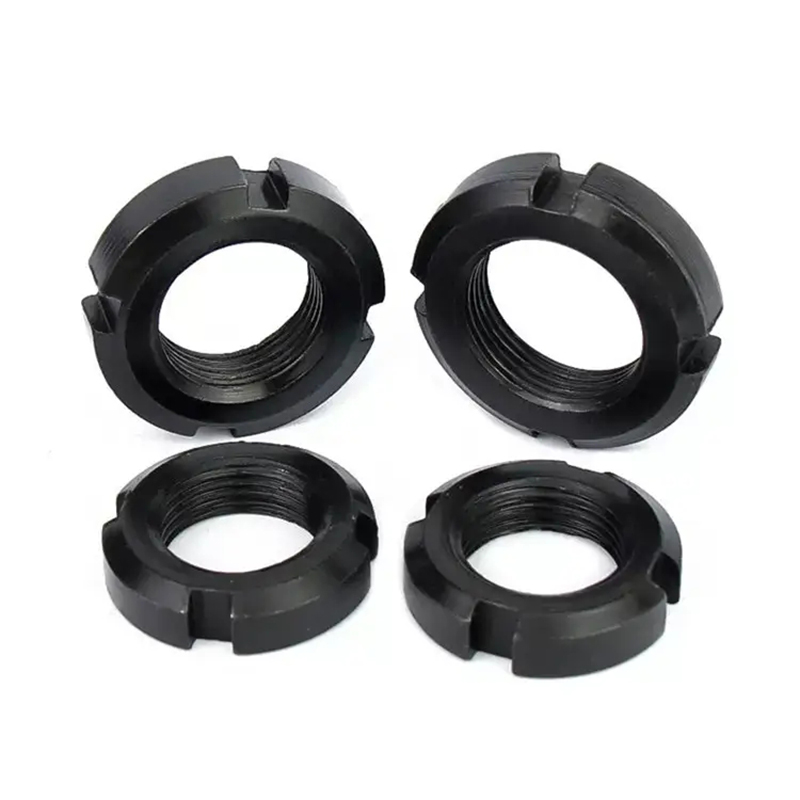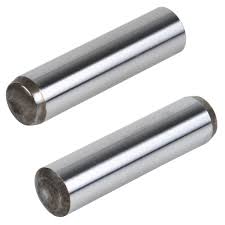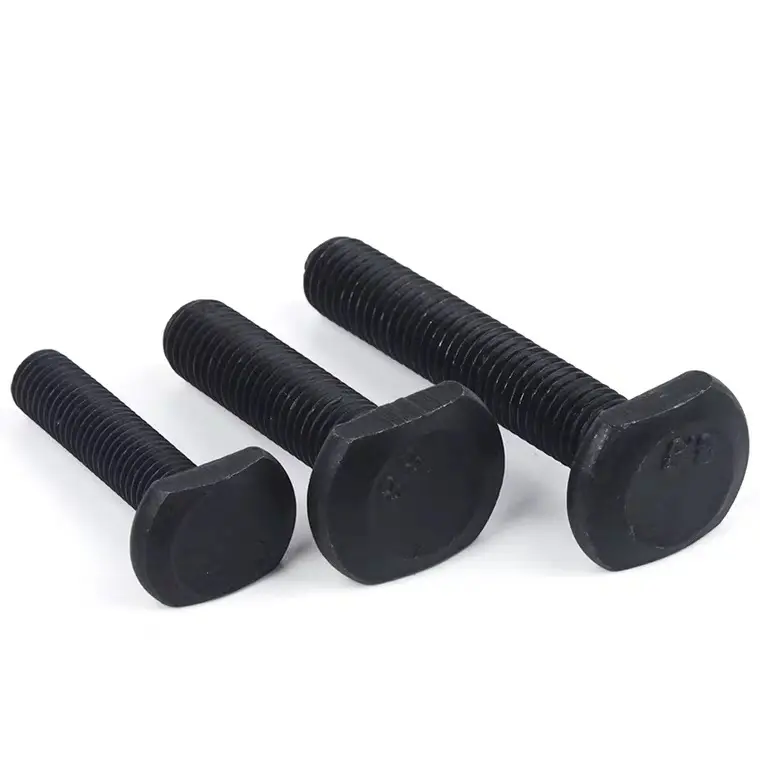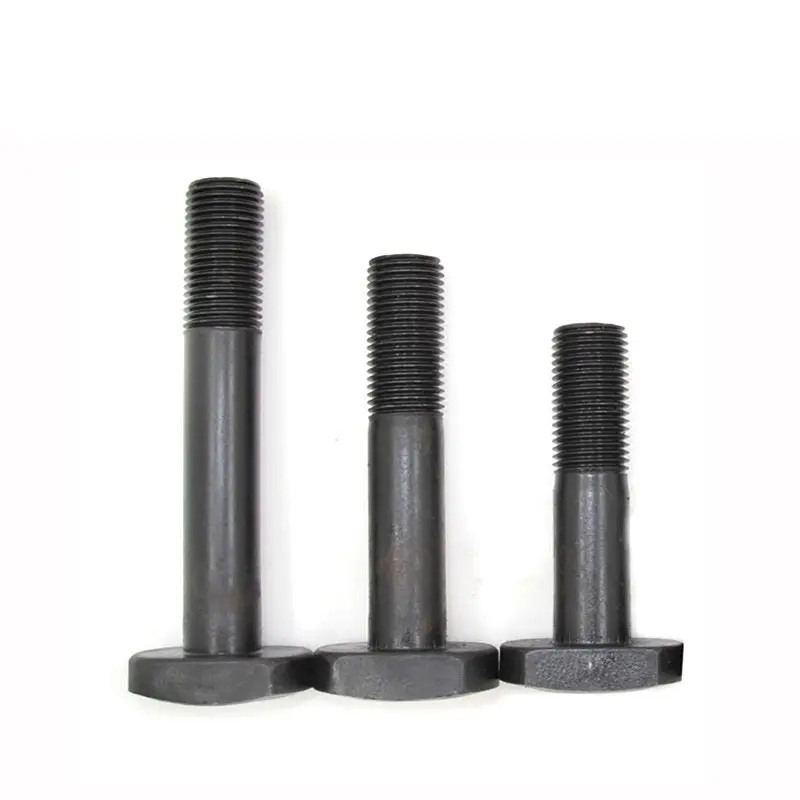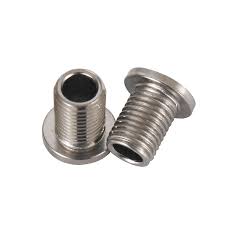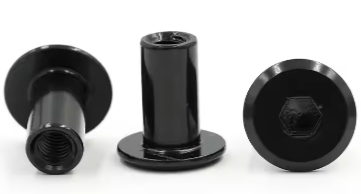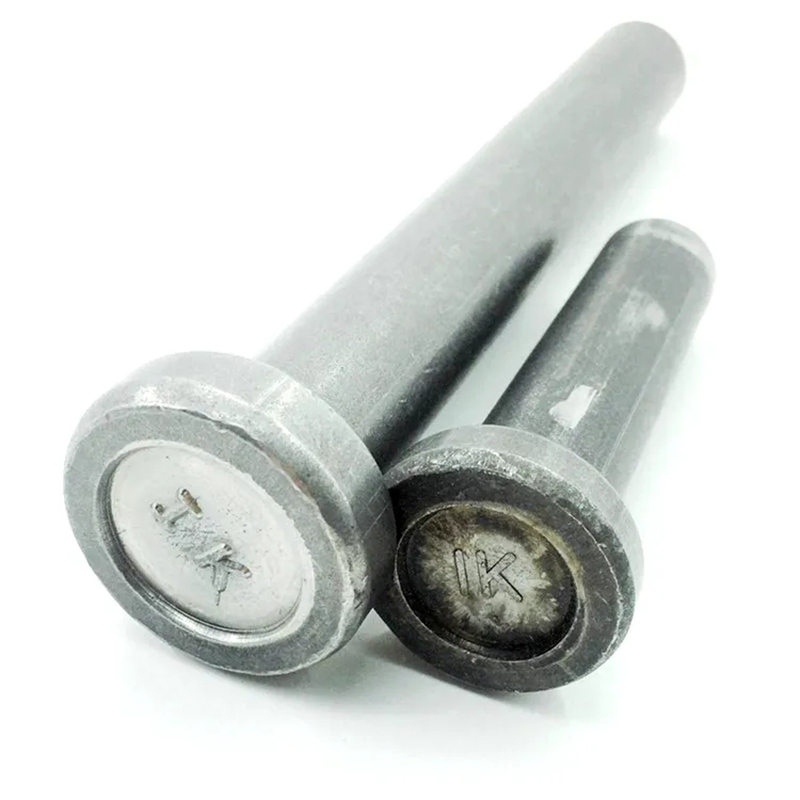

This comprehensive guide explores the world of non-metallic embedded locking nuts manufacturers, providing insights into their diverse applications, key features, and selection considerations. We delve into the advantages of these specialized fasteners and offer guidance on choosing the right supplier for your specific needs. Learn about the materials, designs, and industry standards that define the quality of these essential components.
Non-metallic embedded locking nuts are a specialized type of fastener designed to secure bolts and screws without the need for additional locking mechanisms like washers or wire. They incorporate a non-metallic element, often a thermoplastic or elastomeric insert, within the nut's body. This insert creates friction against the bolt threads, preventing loosening due to vibration or stress. This makes them ideal for applications where vibration is a significant concern, and conventional nuts are prone to failure.
These fasteners offer several key advantages over traditional locking methods: They provide superior vibration resistance, ensuring consistent clamping force even under harsh conditions. The embedded non-metallic element also helps prevent galling and seizing, simplifying disassembly and re-use. Furthermore, they are often lighter weight and can provide improved corrosion resistance compared to all-metal counterparts.
The choice of materials for non-metallic embedded locking nuts significantly impacts their performance and suitability for specific applications. Common non-metallic materials include nylon, polyurethane, and other engineered plastics. The metal component is typically made from materials like steel, stainless steel, or brass, depending on the required strength and corrosion resistance.
Selecting a reliable manufacturer is crucial for ensuring the quality and performance of your fasteners. Key factors to consider include the manufacturer's experience and reputation, their quality control processes (ISO 9001 certification is a good indicator), their production capacity to meet your demands, and their ability to provide customized solutions. Price is also a factor, but it should not be the sole determining criterion. The total cost of ownership, considering factors like reliability and potential downtime from failure, should be factored into the decision.
High-quality non-metallic embedded locking nuts should meet specific tolerances and standards. Look for nuts with consistent and precisely molded inserts, ensuring consistent locking force. The material of both the insert and the metal shell should be specified clearly, ensuring they meet the requirements of your application's environment. Finally, consider the availability of various sizes and thread types to match your specific needs.
These specialized fasteners find application across numerous industries where vibration and reliable fastening are paramount. Examples include automotive, aerospace, electronics, and industrial machinery. Their use ensures the longevity and reliability of critical components in these demanding environments. They are particularly useful in applications where corrosion resistance is also important.
Specific examples include securing components in engines, transmission systems, and other vibrating machinery. They are also used extensively in electronics manufacturing to ensure the reliable connection of circuit boards and other sensitive components. Within the automotive industry, they are used in various applications from body panels to engine components.
Finding the ideal supplier requires careful consideration of the factors discussed above. Thorough research, including reviewing manufacturer websites, certifications, and customer testimonials, is recommended. Direct communication with potential suppliers to discuss your specific requirements is also essential. For high-quality non-metallic embedded locking nuts and other fasteners, consider exploring options from reputable manufacturers such as Hebei Dewell Metal Products Co., LTD. Their commitment to quality and diverse product offerings make them a strong contender in this market.
| Feature | Non-Metallic Embedded Locking Nut | Traditional Locking Nut |
|---|---|---|
| Vibration Resistance | Excellent | Fair |
| Corrosion Resistance | Good (depending on materials) | Moderate (depending on materials) |
| Ease of Assembly/Disassembly | Good | Fair |
| Cost | Moderate | Low |
This information is for general guidance only. Specific requirements may vary depending on the application. Always consult with a qualified engineer or fastener specialist to ensure the appropriate selection of fasteners for your project.

